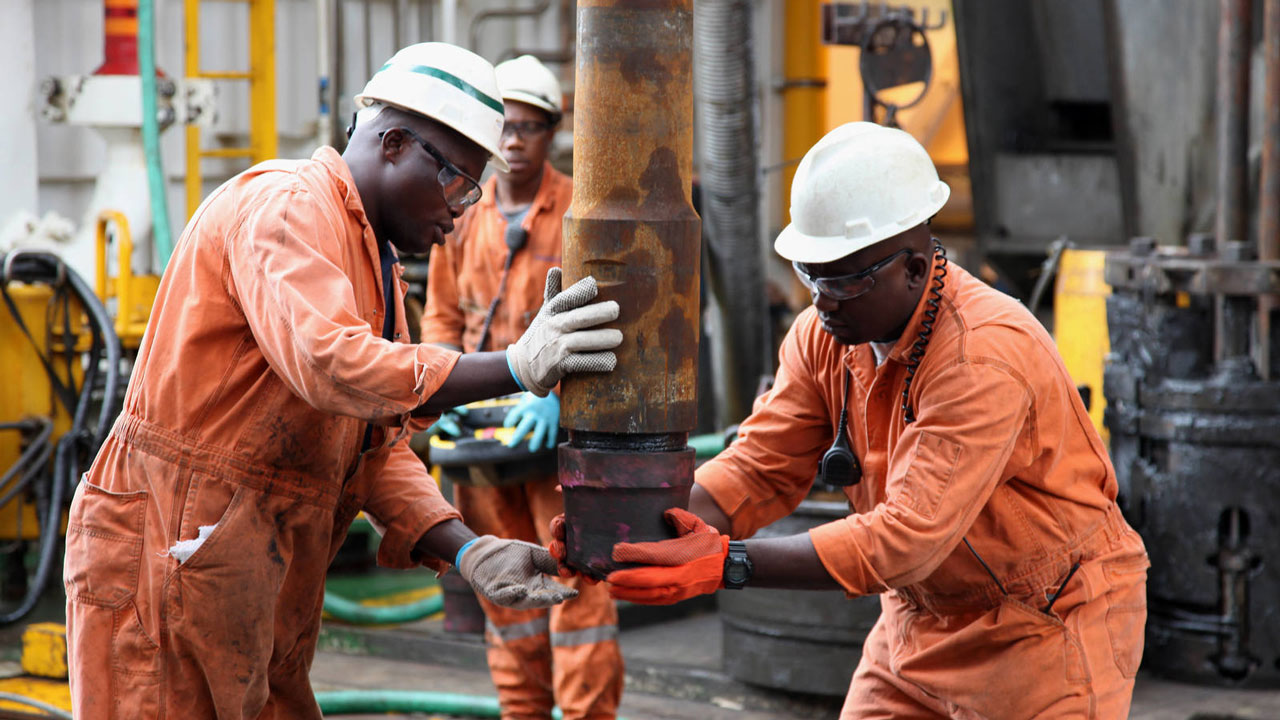 • ARDA seeks bankability for refineries, LPG, storage projects
• ARDA seeks bankability for refineries, LPG, storage projects
National oil companies in Africa, financiers and global players, yesterday in Cape Town, South Africa moved to unlock barriers to existing oil and gas projects across the continent amid a $1.5 trillion investment portfolio.
The projects being pushed by the players, who gathered at the African Refiners and Distributors Association (ARDA) conference, include refineries, pipelines, storage facilities and production.
This comes at a time when the oil sector’s investment faces challenges, especially in Africa where the Organisation of Petroleum Exporting Countries (OPEC) said about $ 1.5 trillion worth of investment would be required in the downstream segment between now and 2045. Most of the funding the cartel had said would be expended in Africa.
In this period that companies are divesting their portfolio from countries where oil and gas investment stood at a dismal $3 billion between 2017 and 2022, there are indications at the conference that 54 billion of Nigeria’s 57 billion barrels of oil equivalent reserves may face stagnation.
Executive Secretary of ARDA, Anibor Kragha said it cannot be business as usual if Africa must raise the capital needed to execute oil and gas projects on the continent.
He revealed that a list of key projects is being compiled, as companies across the region must immediately address regulatory concerns, implement environment, social and governance framework, human capital and proper execution, as well as a financial plan to allow the over 50 development banks on the continent take urgent actions ahead of rising petroleum products’ demand and population growth.
Meanwhile, Afreximbank, Africa Finance Corporation, Standard Chartered and other financial institutions have expressed willingness to fund key oil and gas projects on the continent despite the pressure over climate change but insisted that there are barriers that must be addressed for them to be bankable.
Head of Client Relations, Afreximbank, Anglophone West Africa Regional Office, Adeshola Olowononi, noted that diverse regulatory environments across African countries could complicate project approval and implementation, adding that inadequate infrastructure is hindering the development and scaling of energy projects across the continent.
He said: “As we continue to finance and support pioneering energy projects, we invite all stakeholders to join us in our quest for a sustainable and prosperous future. Together, let’s harness innovative solutions and collaborative efforts to ensure reliable, clean and efficient energy for all across the continent.”
Deputy Director and Head of Heavy Industries, Telecoms and Technology, Africa Finance Corporation, Begna Gebreyes, confirmed the company’s involvement in about eight fossil fuel projects in Nigeria, notably in Dangote Refinery and Water Smith Refinery.
He raised concerns about foreign exchange price risk, market off-take, political risk, technology, contract interference and others that are limiting investment potential.
On the backdrop of growing demand for petroleum products and population, Africa would require about $9.3 to fix its pipeline infrastructure, even as port-related issues may compound the challenges for the oil sector on the continent.
Chief Operating Officer Africa, Puma Energy, Ben Ouattara said port congestion is rising in Africa, adding that in 2022, clean product imports equated to 2,398 vessels, indicating a rise of 14 per cent by 2040.
His words: “In August 2023, prevailing demurrage fees for an MR-sized vessel were around $30,000/day. A 35,000mt cargo waiting for five days would incur a demurrage fee of over $4/mt
“This cost is passed down the supply chain and is ultimately borne by the end-consumer. A collective investment is required to scale existing pipelines and develop new pipeline routes.”






